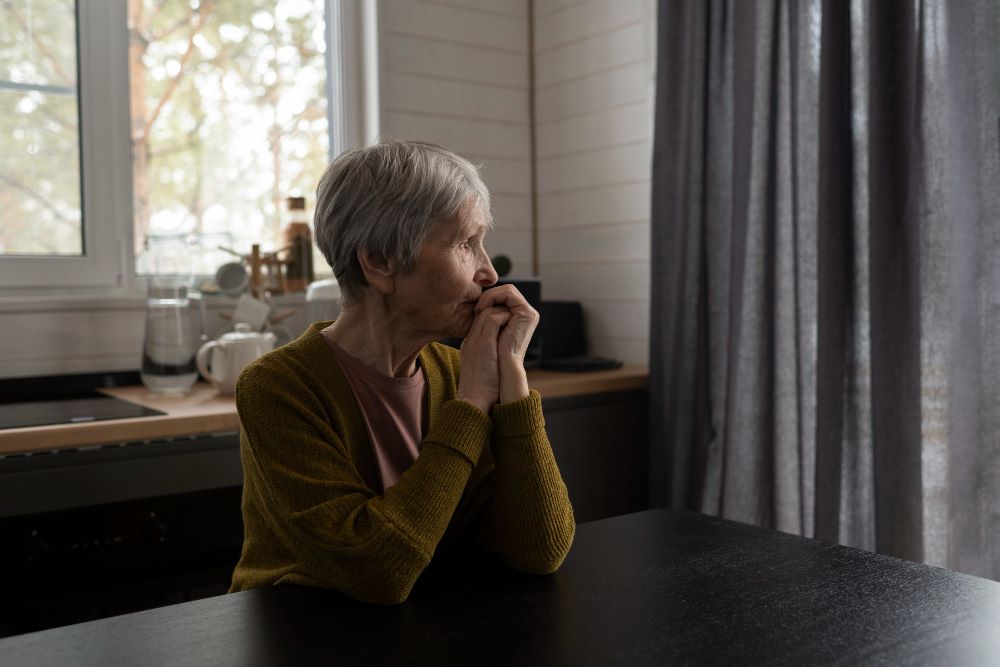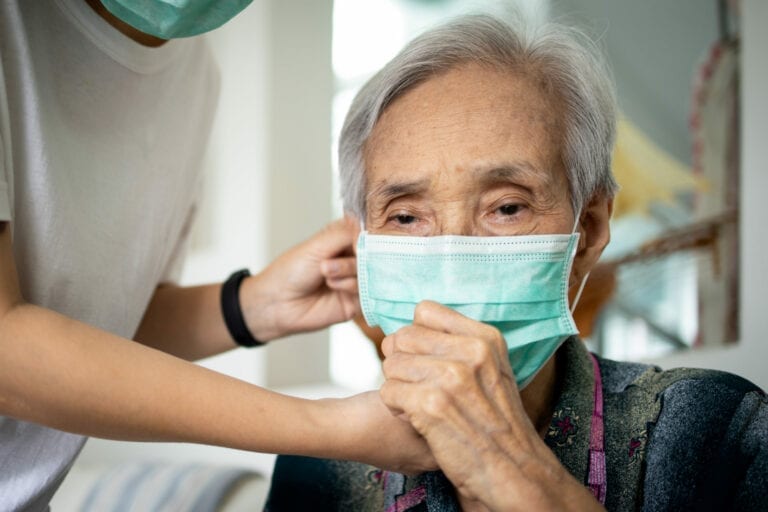Loneliness can have a profound impact on the health and well-being of older individuals. As we age, our social networks may shrink, leading to increased feelings of isolation and loneliness. This article explores the detrimental effects of loneliness on the health of older loved ones and provides insights into how home care agencies can address this issue to improve their clients’ overall well-being.
Table of Contents
- Is Loneliness a Silent Health Threat?
- The Link Between Loneliness and Physical Health
- The Impact of Loneliness on Mental Health
- Identifying Signs of Loneliness in Older Loved Ones
- Strategies to Combat Loneliness in Older Adults
- Conclusion
Is Loneliness a Silent Health Threat?
Loneliness is not just an emotional state; it can also have severe consequences for physical and mental health. Studies have shown that chronic loneliness can increase the risk of developing various health conditions, including cardiovascular disease, cognitive decline, depression, and even mortality. The detrimental effects of loneliness on older individuals are particularly concerning, as they may already be dealing with age-related health issues.
The Link Between Loneliness and Physical Health
Loneliness has been linked to several physical health problems in older adults. When individuals lack social connections and feel isolated, their immune system may weaken, making them more vulnerable to infections and diseases. Loneliness has also been associated with high blood pressure, inflammation, and poor sleep quality. These factors can significantly impact an older person’s overall health and well-being.
Additionally, loneliness can contribute to unhealthy lifestyle behaviors. Older individuals who feel isolated may be more prone to sedentary habits, unhealthy eating patterns, and substance abuse. These behaviors further exacerbate the risk of developing chronic conditions such as obesity, diabetes, and cardiovascular disease.
10 Powerful Foods for Seniors’ Brain Health
The Impact of Loneliness on Mental Health
Loneliness not only affects physical health but also has a significant impact on mental well-being. Older adults who feel lonely are at a higher risk of developing depression, anxiety, and cognitive decline. The lack of social interaction and meaningful connections can lead to feelings of sadness, hopelessness, and a reduced sense of purpose in life.
Furthermore, loneliness can exacerbate existing mental health conditions. For example, older individuals with dementia may experience heightened confusion and agitation when they feel isolated and unsupported. Addressing loneliness is crucial for maintaining good mental health and improving the overall quality of life for older loved ones.
Identifying Signs of Loneliness in Older Loved Ones
Recognizing the signs of loneliness in older loved ones is essential for home care agencies to provide the support and assistance their clients need. Here are some common indicators that may suggest an individual is experiencing loneliness:
- Withdrawal from social activities and hobbies.
- Loss of interest in previously enjoyed activities.
- Increased irritability or mood swings.
- Expressing feelings of sadness or emptiness.
- Difficulty concentrating or making decisions.
- Changes in appetite or sleep patterns.
If home care agencies notice these signs in their clients, it’s essential to initiate conversations about their feelings and well-being. Creating a supportive environment and encouraging social engagement can make a significant difference in combating loneliness.
Strategies to Combat Loneliness in Older Adults
Addressing loneliness requires a multi-faceted approach that home care agencies can implement to enhance social connections and overall well-being. Here are some strategies that can help combat loneliness in older adults:
1. Personalized Care Plans
Develop personalized care plans for each client that prioritize social engagement. Home care agencies can work with their clients to understand their interests, hobbies, and preferences, and incorporate activities that foster social connections into their daily routines.
2. Companion Care Services
Offer companion care services where trained caregivers provide social interaction and companionship to older adults. These caregivers can engage in meaningful conversations, play games, accompany clients on outings, or participate in activities that promote socialization.
7 Tips to Keep Enjoying Life as You Get Older
3. Technology Assistance
Provide technology assistance to older adults who may feel isolated due to limited technological skills. Home care agencies can offer support in using smartphones, video chat apps, and social media platforms to help clients stay connected with family and friends.
4. Community Engagement
Facilitate community engagement by organizing group activities or outings for clients. This can include visits to local senior centers, participation in community events, or involvement in volunteer programs. Connecting clients with peers who share similar interests can foster new friendships and combat isolation.
5. Emotional Support
Ensure that caregivers are trained to provide emotional support to older adults who may be feeling lonely. Caregivers should be empathetic listeners, offering companionship, reassurance, and a supportive presence to their clients.
6. Collaboration with Mental Health Professionals
Collaborate with mental health professionals to provide additional support for clients experiencing loneliness and related mental health issues. Home care agencies can work together with therapists or counselors to offer counseling sessions or support groups tailored to older adults’ needs.
Learn More: Reducing Loneliness: How to Help Seniors During the Holidays
Conclusion
Loneliness is a silent health threat that can significantly impact the physical and mental well-being of older individuals. Home care agencies play a crucial role in addressing and combating loneliness in their clients. By implementing personalized care plans, offering companion care services, providing technology assistance, promoting community engagement, offering emotional support, and collaborating with mental health professionals, home care agencies can make a positive difference in the lives of older loved ones. It is essential to prioritize social connections and overall well-being to improve the quality of life for older adults in need of home care services.







